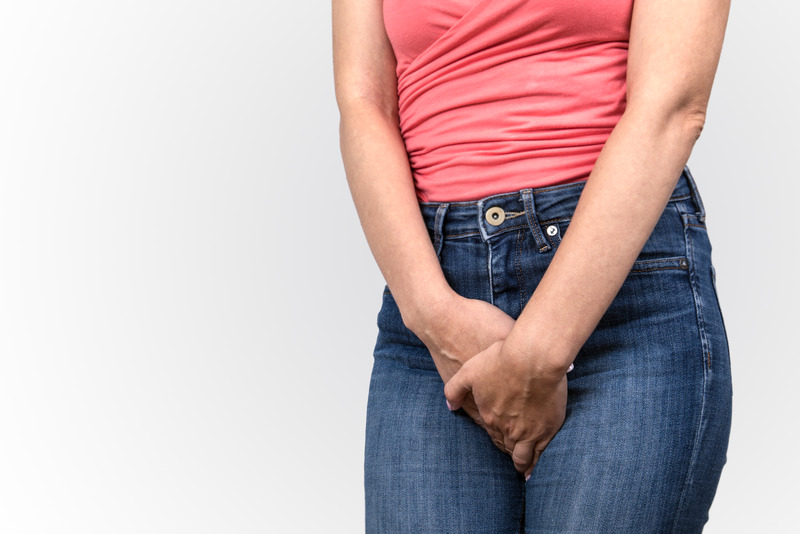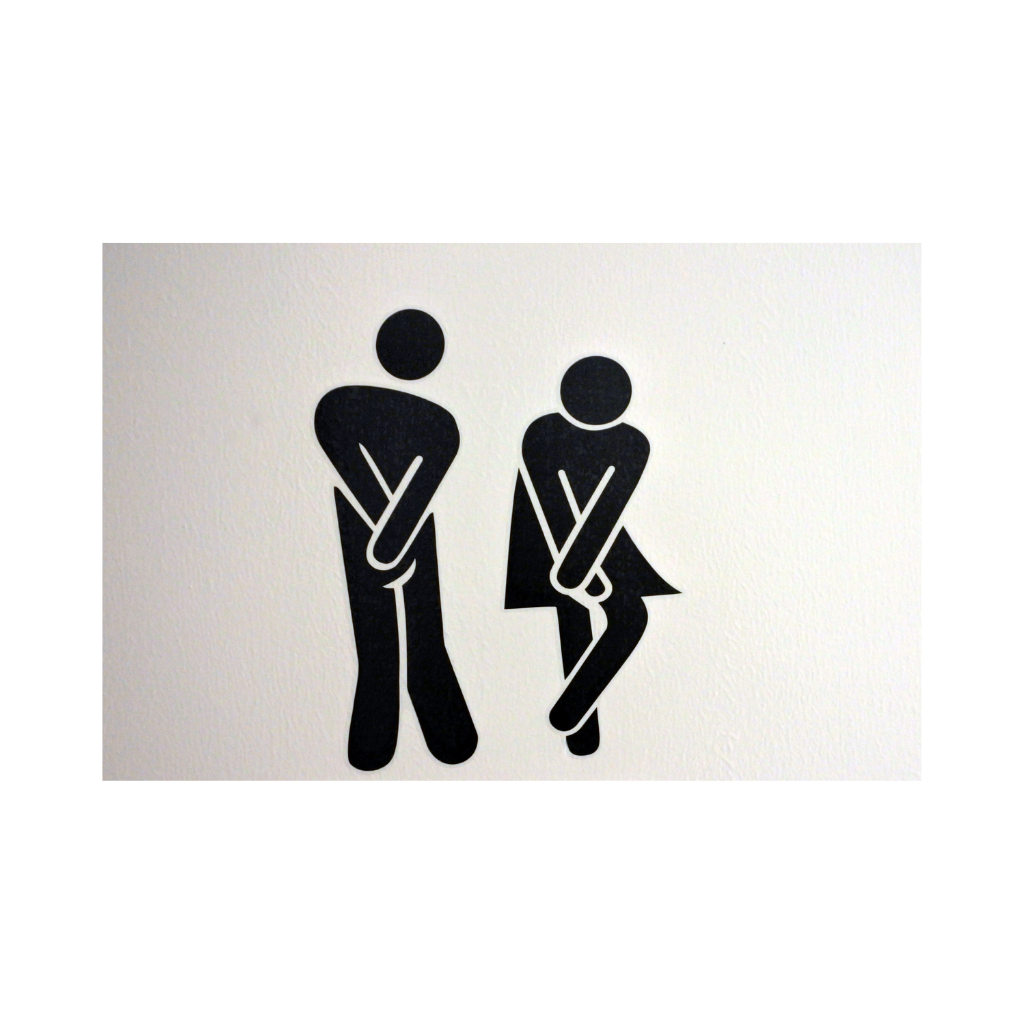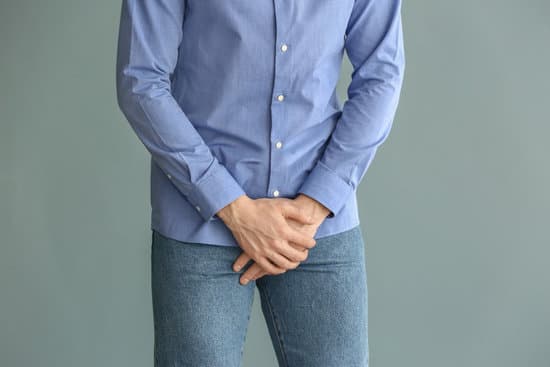Does your bladder keep you awake at night?



If your bladder keeps you awake at night, you are not alone; almost two-thirds of adults aged over 55 need frequent bathroom visits at night.
While some may need to relieve themselves one or two times a night in mild cases, others may have to wake up five to six times, causing a significant loss of sleep. It keeps you tired in the day, affecting the quality of life, but it can indicate an underlying medical condition.
What is nocturia?
Nocturia is when you wake up more than once each night to urinate. The condition is more prevalent in the elderly, but it can impact people of all ages.
More than 69% of men and 70% of women wake up at night at least once to go to the bathroom. As you age, the situation may worsen, and nearly 50% of people at the age of 80 have to go to the bathroom twice per night. Besides age, pregnancy can also cause Nocturia, but it goes away within the three months after giving birth.
What Causes Nocturia?
Because the problem of nocturia is exaggerated by excess drinking, sleep disorders, bladder obstruction, or high sugar in the blood, there are ways to improve the condition by modifying lifestyle factors. Unfortunately, one of the factors that you cannot modify is your age, and Nocturia becomes more common as you get older. But you CAN eat and drink better!!! You can also try a few procedures with your Urologist as the icing on the cake.
Three main problems can cause Nocturia:
1. Polyuria
Polyuria is when your body makes more urine than normal. People with polyuria urinate up to 3000 ml within a day. Kidneys filter too much water. Something in urine can also cause polyuria, like sugar.
Some of the common causes of Polyuria are
- Excessive drinking of fluids
- Type 1 and Two diabetes
- Diabetes insipidus (a rare disorder in which the body makes too much urine)
- Gestational Diabetes(diabetes in pregnancy)
Did you know that at night your brain is supposed to make a hormone to stop you from needing to pee at night? That wonderful hormone is called the antidiuretic hormone (also called arginine vasopressin). It signals your kidneys to stop making pee; even though it maintains the filtration process, it just returns water to your body to keep you hydrated.
But when that whole system of recycling pee while you are sleeping breaks down, you experience Nocturia. Those who suffer from Polyuria will experience the paradox of needing to urinate frequently while becoming dehydrated at the same time.
2. Nocturnal polyuria
It’s a condition in which you experience excessive urination only at night. People with nocturnal polyuria don’t feel the need for frequent bathroom visits during the day. The most obvious reason is that during the day when you are up on your feet, the fluid retention holds the fluid to your legs or feet due to gravity. Once you lie down, the fluid goes back to your venous system and is filtered by the kidney-producing urine.
The medical conditions causing nocturnal polyuria are:
- Congestive heart failure
- Edema
- Sleep disorders
- Certain drugs like diuretics, cardiac glycosides, or excessive vitamin D
- Drinking too much fluid, including caffeinated beverages before bedtime
- High sodium diet
3. Nocturnal Urinary Frequency
Nocturnal urinary frequency causes you to urinate in small amounts more frequently. It’s like instead of emptying your bladder once, you have to go again and again as your bladder is not fully empty.
Sometimes it is caused by the inability to fully empty, or the inability of your bladder to fill completely.
Sleep disorders can also cause nocturnal urinary frequency. As you have difficulty sleeping, you may wake up for several reasons and feel the urge to go to the bathroom.
The medical conditions causing not fully emptying the bladder can be:
- Bladder obstruction
- Benign Prostatic Hyperplasia(BPH) in men
The potential causes for the bladder to not fully empty can be:
- Bladder overactivity
- UTI
- Bladder inflammation
- Bladder malignancy
- Sleep apnea
How is Nocturia diagnosed?
You can record how much and what types of fluids you take in the day, how often you go to the bathroom during the day and night, and what volume you urinate. Also, keep a record of any medication you have been taking, history of UTI, or any related symptoms.
Your urologist will need all this information, so it’s best to write it all down before planning the visit. They will also ask for a urine examination to rule out the infection.
Treatments of Nocturia
Treatment of nocturia depends on the underlying condition that is causing it. Your urologist will determine the underlying causes and suggest the medication if any medical condition causes it. For example, if Prostate enlargement is the cause, certain medicines or even surgery can improve the condition. So the treatment plan depends on the disorder that is causing nocturia.
Lifestyle and Behavioral Changes can improve Nocturia
Consider making some of the following lifestyle changes to improve your symptoms:
Restricting Fluids before Bed
It is common for people who experience polyuria to manage their condition by avoiding fluids before bed. The aim is to balance staying hydrated enough to fall asleep and dehydrated enough to avoid those frequent trips to the bathroom.
Change the Timing of Certain Medication
If you are taking some diuretic drugs, it is advisable to change the time. You can take them mid-late afternoon or at least six hours before you go to sleep.
Take Afternoon Naps
To avoid fatigue, you can take naps during the day.
Elevate Your Legs
Elevation will prevent fluid accumulation in the feet or legs. Elastic compression stockings help put pressure on your feet to prevent fluid build-up.
Include Good Salts in Diet
One of the other triggers for polyuria is electrolyte deficiency. Electrolytes are good salts, not bad ones like table salt. The salts that are free from sodium are good.
Electrolytes have a property called ‘osmotic potential,’ which attracts water. When electrolytes enter your body’s cells, they attract water to where it matters most. But when you have an electrolyte deficiency, your drinking water tends to bypass your body’s cells and go straight into the toilet as a dilute colorless urine stream.
Some tips to keep your bladder from filling too quickly
You may also want to avoid situations where your body loses electrolytes, such as risky dietary choices. Some simple dietary modifications include:
- Cutting back on diuretics, such as coffee, tea, or alcohol
- Lowering the glycemic index of your food
- Sugar makes you pee, and peeing uses salt
- To reduce the sugar rush, try adding soluble dietary fiber to your meals
- Supplement magnesium and turmeric or related spices to help process sugar better
- Check your iron levels and consult with your doctor about the possibility of iron supplementation, if necessary
Final Words
Nocturia is a serious condition causing much more pain than only waking up more often at night. It can keep you awake at night, irritated and tired during the day, and most importantly, it can be a symptom of an underlying medical disorder.
It’s important to determine the cause of nocturia. If it is caused by health conditions like UTI, diabetes, high blood pressure, cognitive heart failure, BPH, or sleep apnea, then treating that illness will help. Also, certain lifestyle changes, drink choices, and managing the time of drugs can also help and improve the quality of life.n
